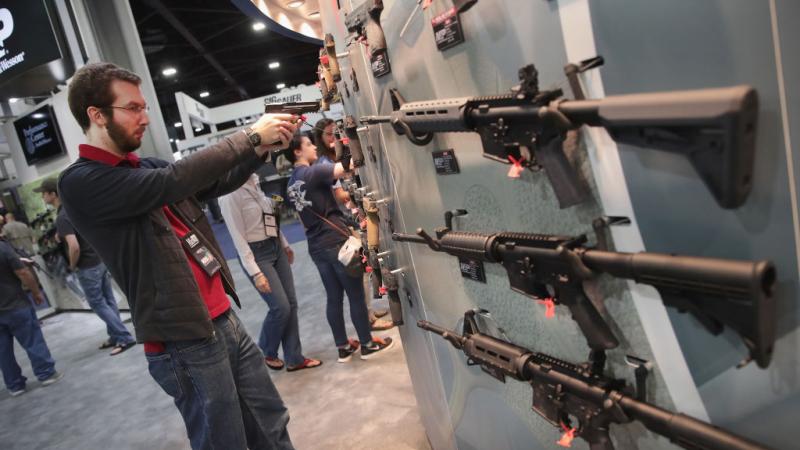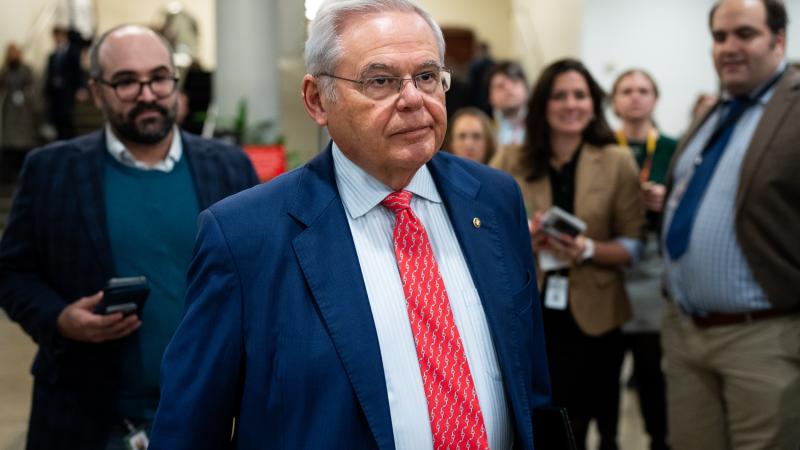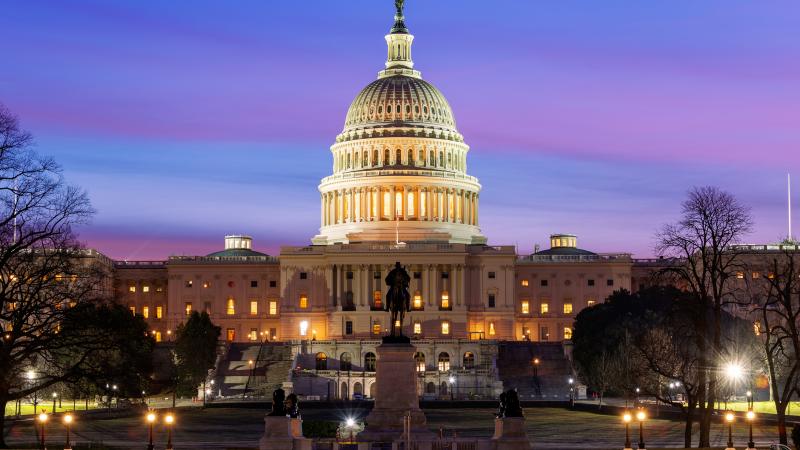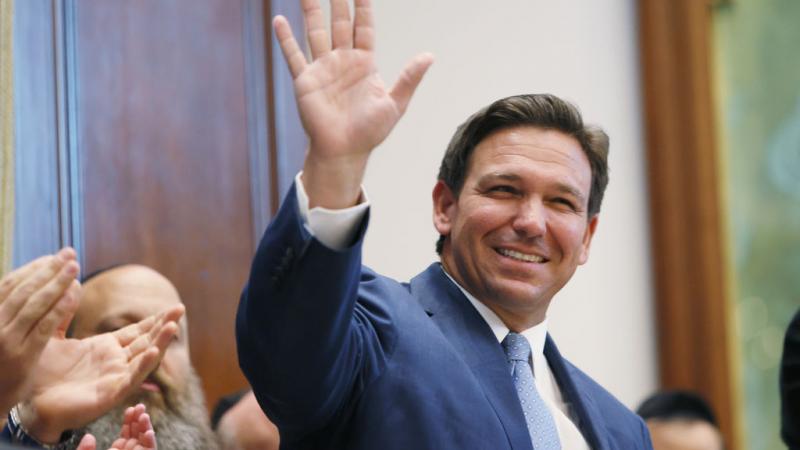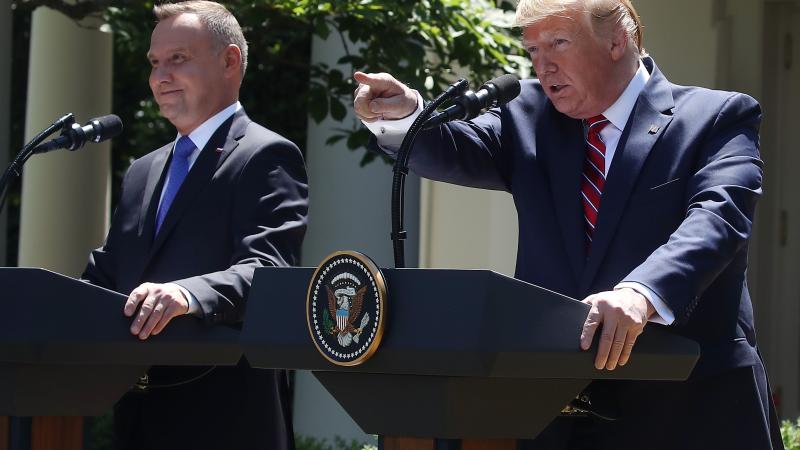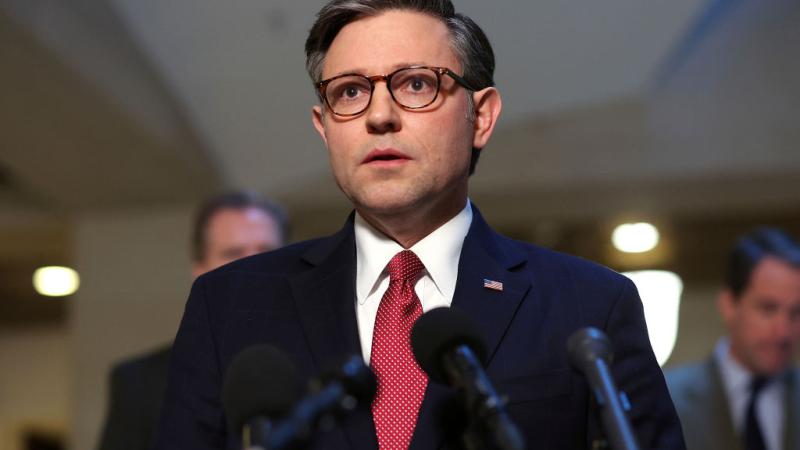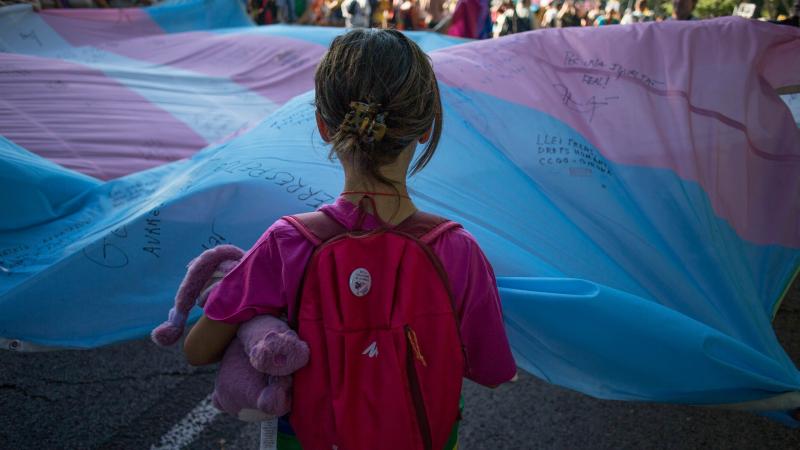SCOTUS hearing: Barrett says government 'policy decisions and value judgments' not court's role
Iowa GOP Sen. Earnst says the criticism "feeds into all of the ridiculous stereotypes they have set out to lambaste people of faith in America."
Supreme Court nominee Judge Amy Coney Barrett on Monday delivered opening remarks at her Senate Judiciary confirmation hearing, saying that courts should not make determinations regarding "policy decisions and value judgments" which the elected political parts of government have been tasked with handling.
"Courts have a vital responsibility to the rule of law which is critical to a free society. But courts are not designed to solve every problem or right every wrong in our public life. The policy decisions and value judgments of government must be made by the political branches elected by and accountable to the People. The public should not expect courts to do so, and courts should not try," Barrett said.
The Senate confirmation hearings began Monday morning for Supreme Court nominee Judge Amy Coney Barrett, with Democrats making clear they'll argue that appointing Barrett will put health care coverage at risk for tens of millions of Americans.
Republicans argued that the hearings are about Barrett's qualifications, not what she might or might not decide on the bench, and that questions about her Catholic faith are unconstitutional.
"That is what's at stake in this confirmations hearing," said Missouri GOP Sen. Josh Hawley. "The pattern and practice of religious bigotry on this committee must stop."
Iowa Republican Sen. Joni Earnst said that some want to portray Barrett as a "religious radical."
"But what your political opponents want to paint you as is TV or cartoon version of a religious radical, a so-called 'handmaid' that feeds into all of the ridiculous stereotypes they have set out to lambaste people of faith in America. And that's wrong," Earnst said. "It's really quite simple what your opponents are doing. They are attacking you as mom and a woman of faith because they cannot attack your qualifications," Earnst later remarked.
Democratic presidential nominee Joe Biden's running mate Sen. Kamala Harris of California delivered her opening remarks remotely.
"More than 9 million Americans have already voted and millions more will vote while this illegitimate committee process is underway," Harris said. "A clear majority of Americans want whomever wins this election to fill this seat and my Republican colleagues know that. Yet they are deliberately defying the will of the people in their attempt to roll back the rights and protections provided under the Affordable Care Act."
Senate Judiciary Committee Chairman Lindsey Graham began the hearings by saying, "The bottom line here is the Senate is doing its duty constitutionally" by holding the hearings, in the final weeks of the 2020 presidential race.
The hearings are expected to last at least four days, with the first day devoted to opening statements. Barrett will then face questions from the committee's 22 members – 12 Republicans and 10 Democrats.
Barrett attended the hearing Monday, with her family seated behind her, all of them wearing masks as a coronavirus health-safety precaution.
California Sen. Dianne Feinstein, the top Democrat on the committee, made clear that she and fellow Democratic senators would focus on concerns about Barrett being confirmed to the high court resulting in the Affordable Care Act being struck down.
Feinstein, as other have since President Trump nominated Barrett about two weeks ago, said she didn't approve of Republicans trying to confirm a justice when a new president and perhaps a Democrat-controlled Senate could be elected on Nov. 3.
"I believe we should not be moving forward on this nomination, not until the election is ended and the next president has taken office," she said.
Feinstein also echoed Graham's call for a civil, meaningful debate on Barrett's qualifications to join the high court, replacing Justice Ruth Bader Ginsburg, who died last month.
If the GOP-controlled Senate votes in favor of confirming Barrett, she will then face a full Senate vote, which she is expected to pass. Republicans have 53 of the chamber's 100 seats. Graham said he expects a committee vote by Oct. 22.
Barrett joining the high court would give conservatives a 6-3 majority.
Barrett, a federal appeals court judge, will in her opening remarks say she's “forever grateful” for Ginsburg’s trailblazing efforts as a woman and in law. And she will say that she's committed to maintain the perspective of her mentor, the late conservative Justice Antonin Scalia and “apply the law as written,” according to her prepared opening remarks.
At least four of the senators on the committee – Republicans Ted Cruz and Thom Tillis and Democrats Patrick Leahy and Kamala Harris – will participate in hearings via remote video, citing health-safety concerns.
Cruz suggested that Democrats are raising policy and legislative issues because Barrett, who graduated first in her class at Norte Dame law school, is ultimately qualified.
"We've heard very little about the nominee," Cruz said. "It's reasonable" to assume that "Judge Barrett's credentials are impeccable."
Leahy held up a photo of a person whom he suggested would be hurt if the Affordable Care Act was dismantled by the Supreme Court.
The Vermont senator said to Barrett that people are "scared that your confirmation would rip the very health care protections that millions of Americans have fought to maintain." He also suggested her appointment and confirmation would put abortion rights in jeopardy.
The hearing room, in the Hart Senate Building, is lined Monday with posters of people whom Democrats are saying would suffer if the Obama-era law was stuck down by the high court.


